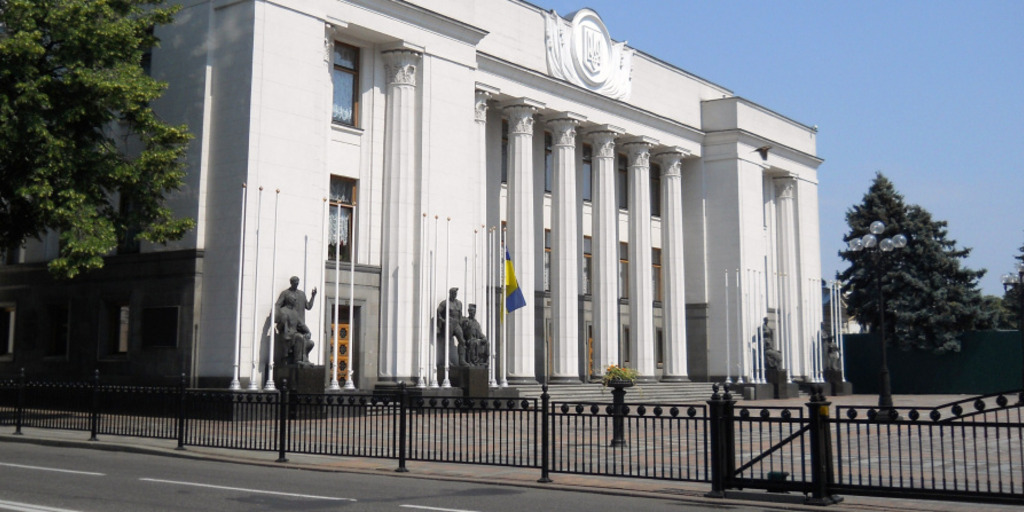The EU has sent election observers to both Ukraine and Tunisia. Europe is also providing financial support for carrying out the elections.
Ukrainians were not able to vote in 10 percent of electoral districts, however, since Kiev is no longer the recognized authority in Crimea and the country's three eastern provinces. That is just one way the conflict and war in eastern Ukraine have severely affected voting in the country. Most people seem to support having a democratic system in Ukraine over the long term. That has given the coalition led by President Petro Poroshenko the majority of parliamentary seats, while Yulia Tymoshenko only barely managed to win a seat and the followers of former President Viktor Yanukovych trail the field by a wide margin.
Security is also an issue in Tunisia. Many people are worried because of the instability in the country's south on the borders to Algeria and Libya, not far from the civil wars taking place in Mali and Libya. People are even more concerned about which party will be able to get the economy restarted and create jobs. In contrast to Ukraine, the election results in Tunisia are keeping everyone in suspense, as people wonder who will emerge victorious: the Islamist Ennahda party, the various followers of the former regime (the Nidaa Tounes party) or the colorful assembly of secular, liberal and social-democratic parties. Since all of the groups favor consensus, a ruling coalition that brings together the top parties is the most likely outcome.
Like Tunisia, Ukraine must complete the transition from dictatorship and a command economy to democracy and a socially just market economy. The mainstay of the Tunisian economy is dominated by just a few families who rose to power thanks to the former dictatorship; similarly, Ukraine's economy remains beholden to a small number of oligarchs.
Ukraine and Tunisia need a comprehensive "transformation partnership" with the EU if they are to consolidate their pro-democracy efforts and make the shift to a diversified, socially just market economy. At the same time, Europe must do more to ensure the security of countries in its immediate vicinity.
The upheavals in Tunisia and Ukraine are calling considerable attention to the EU's Neighbourhood Policy, which must begin taking these new developments into account. The Bertelsmann Stiftung's Connecting Europe project is exploring new responses to these challenges – in dialogue with people and organizations in the areas immediately affected.





